2018 Lance Stafford Larson Student Writing Award Winners
With more than 30 papers entered this year, the Lance Stafford Larson Student Writing Award committee chose first through third place winners for both undergraduate and graduate students. The papers were judged on technical content, writing skill, and overall presentation. The award was open to all IEEE student members, and the papers, which covered computer-related subjects and were presented at a computer-related conferences or in publications, could be no longer than 20 pages.
Here are the 2018 winners.
Undergraduate Winners
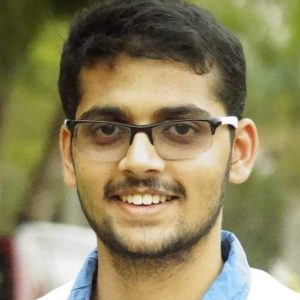 Sai Thejeshwar S
Sai Thejeshwar S
Sreenidhi Institute of Science and Technology
Computer Science
Sai Thejeshwar S took first place this year with his paper “Detect Retina Damage From OCT Images Using SqueezeNet.” Sai Thejeshwar is studying for his bachelor of technology in computer science at Sreenidhi Institute of Science and Technology. His paper proposes using a SqueezeNet neural network algorithm to compress the size of data for the analysis of retinal optical coherence tomography (OCT) used to help doctors diagnose retinal damage.
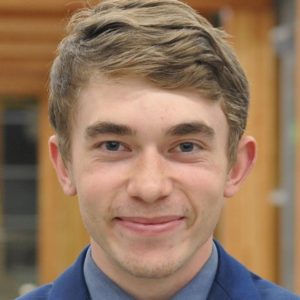 Andrei Gavrilov
Andrei Gavrilov
University of British Columbia
Integrated Engineering
Andrei Gavrilov won second place in the Lance Stafford Larson Student Writing Award competition. He is pursuing a bachelor’s degree in integrated engineering with a minor in commerce at the University of British Columbia. Gavrilov’s article “Convolutional Neural Networks: Estimating Relations in the Ising Model on Overfitting” attempts to address the problems of overfitting and underfitting in Convolution Neural Networks (CNN) by comparing the statistics of the CNN image recognition algorithms to the Ising model.
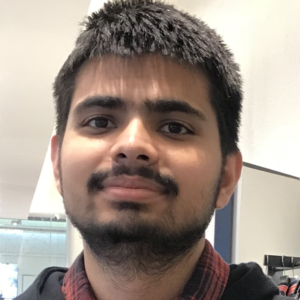 Rajpal Arjun
Rajpal Arjun
Delhi Technological University
Software Engineering
Rajpal Arjun, an undergraduate student of software engineering at Delhi Technological University, won third place in the Lance Stafford Larson Student Writing Award competition. His paper “Parameter Tuning on Software Defect Prediction using Differential Evolution & Simulated Annealing” examined differential evolution and simulated annealing methods for tuning machine learning algorithms for defect predictors in software engineering.
Graduate Winners
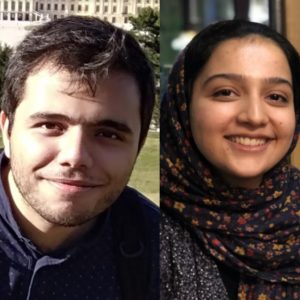 Amir Kafshdar Goharshady and Nastaran Okati
Amir Kafshdar Goharshady and Nastaran Okati
Institute of Science and Technology Austria and Ferdowsi University of Mashhad, Iran
Theoretical Computer Science and Computer Software Engineering
Amir Kafshdar Goharshady, a Ph.D. student in theoretical computer science at the Institute of Science and Technology, Austria, and Nastaran Okati, a bachelors student in computer software engineering at Ferdowsi University of Mashhad, Iran, won first place in the graduate student category with the article “Efficient Parameterized Algorithms for Data Packing.” Their article examines the algorithmic problem of data packing on a two-level memory system. The article provided the first positive theoretical result for this problem.
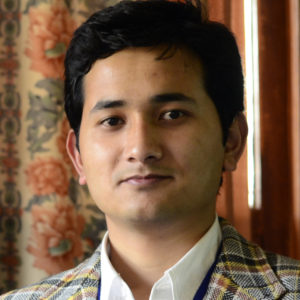 Malla Sulav
Malla Sulav
University of South Florida
Department of Computer Science and Engineering
Malla Sulav, a doctoral student from the University of South Florida in the department of computer science and engineering, won second place in the graduate program. His article “Choosing the Best Server for a Data Center: The Importance of Workload Weighting” seeks to quantify the importance of workload weighting for selecting the best server to reduce operational energy costs. The authors consider workload characteristics to ensure that the best server is selected on a case-by-case basis.
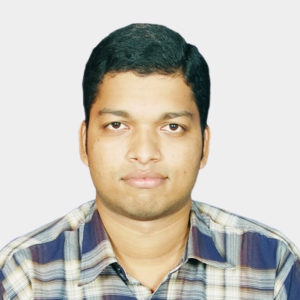 Sanjeet Kumar Nayak
Sanjeet Kumar Nayak
Indian Institute of Technology Patna
Department of Computer Sciences and Engineering
Sanjeet Kumar Nayak, a Ph.D. Student in the department of engineering at the Indian Institute of Technology, Patna, won third place in the graduate student section of the competition with the article “SEMKC: Secure & Efficient Computation over Outsourced Data Encrypted under Multiple Keys.” Nayak analyzed experimentally the security of Secure and Efficient Proxy Re-encryption (SEPRE), Secure and Efficient Multi-key Computation (SEMKC+ and SEMKC*) and compared them to other state-of-the-art encryption schemes.
Congratulations to the winners of these awards!
You too can win the Lance Stafford Larson Writing Award. Next year we will continue to have undergraduate and graduate awards. Submit your technical paper with a short description of why you think it is worthy of this prestigious award. To learn more about the Larson award click here. The deadline is 30 October, and the applications period opens 1 September.

Leave a Reply